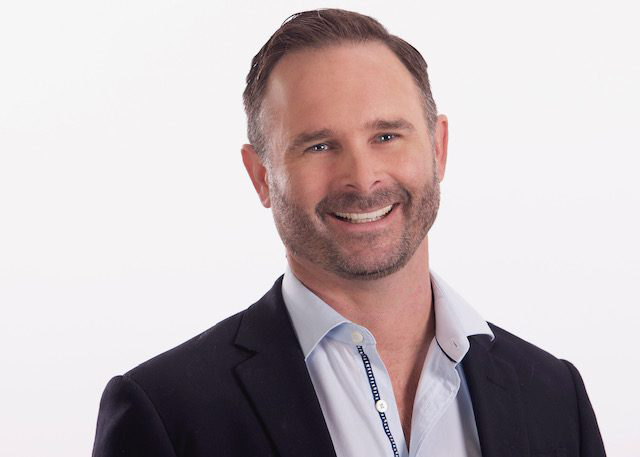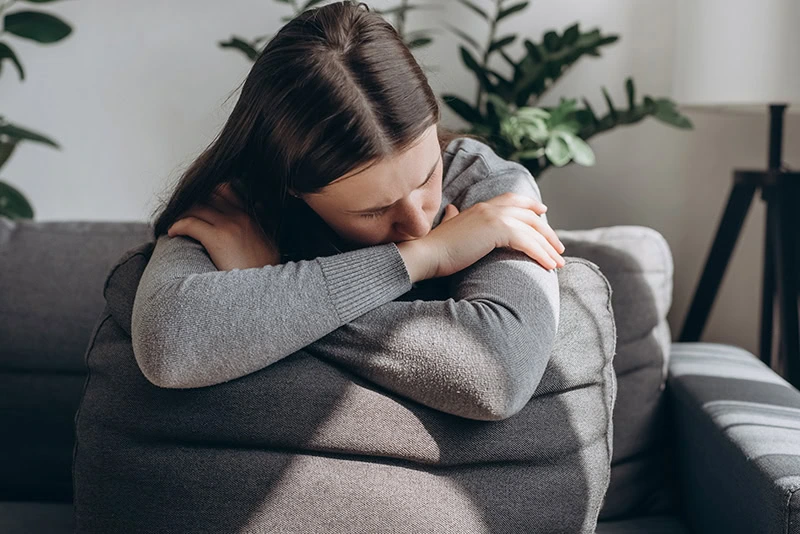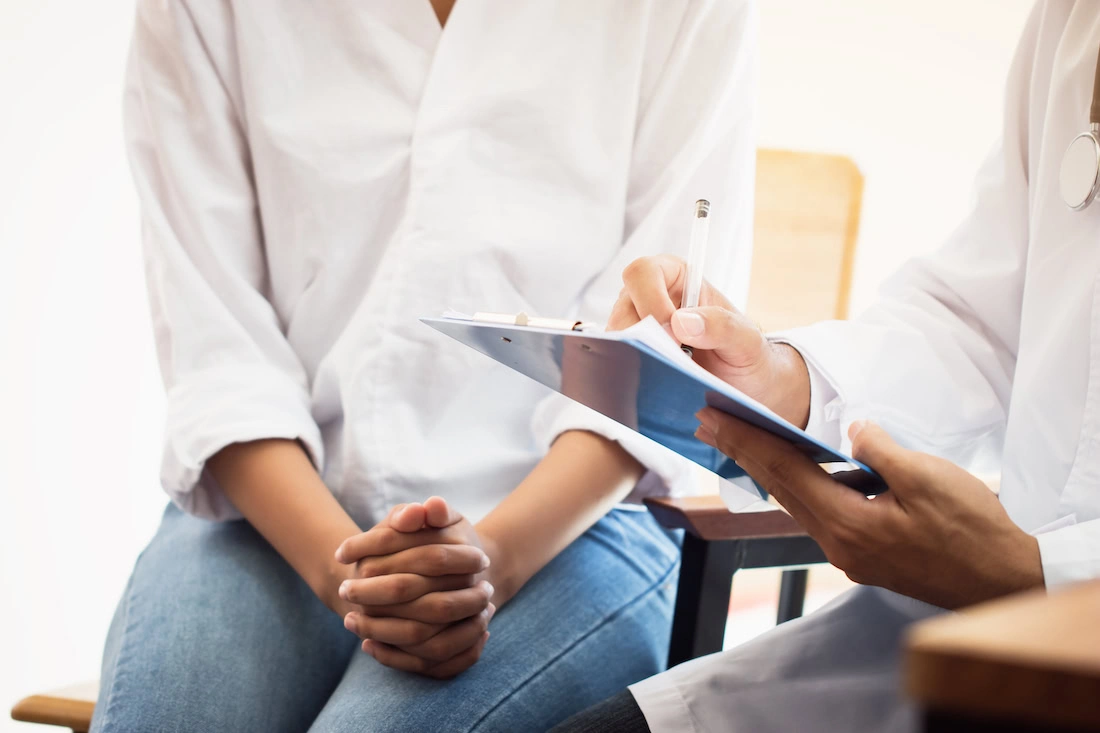12-step interventions are some of the most effective and accessible methods for treating various forms of addiction including substance use disorder and alcohol use disorder. While learning how to work the 12 steps without a sponsor isn’t recommended, it’s not always possible to find a sponsor who is the right fit or available when needed.
In these cases, it’s important to have alternative methods for working through the 12 steps and maintaining recovery. From finding a nearby support group to battling social anxiety and taking care of yourself, here are some tips for successfully navigating the 12 steps without a sponsor.
How to Work The 12 Steps Without a Sponsor – Make it Simple
Research has shown that people who participate in 12-step models have a mean abstinence period of 5 years. To get the maximum benefit of the 12-step model, it’s crucial to gain a sponsor at some point during the process.
However, if this is impossible, breaking down the 12-step model into sections can help. Simplified 12-step models include recognizing addiction as a chronic disease and the need for resources, removing self-centeredness and creating moral inventories, making amends, embracing spirituality, and helping others in the recovery process.
Admit You Need Help and Seek Resources
Perhaps the most challenging step, admitting a lack of control and needing help, is the foundation of the recovery process. Having a sponsor can make it much easier to take accountability and have a third-party perspective to provide truthful insights on your addiction.
Not having a sponsor or someone to be accountable to means you might not believe you have a problem. In this case, here are some tips to help you come to this realization on your own so you can begin to seek resources:
- Research and educate yourself about addiction and its impact on the brain.
- Reach out to friends or family members who have expressed concern about your behavior.
- Reflect on your own behavior and patterns, be honest with yourself about the consequences of your actions.
- Attend support group meetings or therapy sessions to hear from others who have gone through similar struggles.
- Seek professional help from a therapist or addiction specialist.
While these might not provide the same level of support as having a sponsor, they can help you acknowledge your need for help and begin to seek resources that will aid in your recovery.
Remove Self-Centeredness and Take Moral Inventory
The second through seventh steps involve giving yourself to a higher power, whether that’s God or another spiritual entity, and being entirely ready for that power to remove your defects of character. You must be willing to look at yourself objectively and acknowledge how your actions have affected others, often through taking a moral inventory.
If no sponsor is available, begin by taking an honest inventory of yourself, including your areas of improvement, and any positive aspects of yourself. What has your addiction caused? How can you improve yourself? Can you give up control so another higher power can help you become a better person? Journaling, meditating, and seeking support from outside groups can help during this stage of the 12-step model.
Make Amends If Not Harmful
Making amends is arguably the most difficult part of the 12-step model without a sponsor. Sponsors provide a safe space to discuss your behavior and help you make amends respectfully and non-harmfully. Without a sponsor, it’s essential to take responsibility for your actions and apologize directly to those affected. However, it’s crucial to ensure that making amends won’t cause further harm or trauma.
If you’re unsure about how to make amends without causing harm, seek guidance from outside sources, including:
- Therapists and counselors
- Group therapy sessions
- Recovery meetings or support groups
- A trusted friend or family member who understands your situation
- Legal representatives for cases where reaching out might not be recommended
Know that you may not always receive forgiveness from those you’ve hurt, and that’s okay. The act of making amends is about taking responsibility for your actions and forgiving yourself in the process.
Continue to Practice Accountability and Self-Reflection
With the help of a sponsor, individuals in recovery are encouraged to continue practicing self-reflection and accountability throughout their journey. This involves regularly taking inventory of your thoughts, emotions, and behaviors, and being honest with yourself when you make mistakes or fall back into old patterns.
Without a sponsor, it can be challenging to maintain this level of self-awareness. However, it’s crucial to find other ways to continue this practice. These can include:
- Helping other people with their recovery journeys, as it can provide a sense of purpose and perspective
- Journaling or writing down your thoughts and feelings
- Participating in group therapy sessions or support groups to discuss personal struggles and progress
- Engaging in mindfulness practices like meditation or yoga to increase self-awareness
Begin Addiction Recovery Today
Overall, while having a sponsor is highly recommended in the 12-step model, it is possible to continue on the path of recovery without one. The key is being willing to take responsibility for your actions and finding the right support system throughout your addiction recovery journey. At SEE Purpose, our residential treatment program in Bloomington, IN, is excited to help you start your journey towards a healthier and happier, sober life.
We offer both 12-step and non-12-step programming in addition to inpatient treatment, medical detox, individual therapy, group counseling, and so much more. Call us today to learn more about how we can support you on your road to recovery. Remember, the first step is always the hardest, but with determination and the right resources, you can overcome addiction and live a fulfilling life in sobriety.




